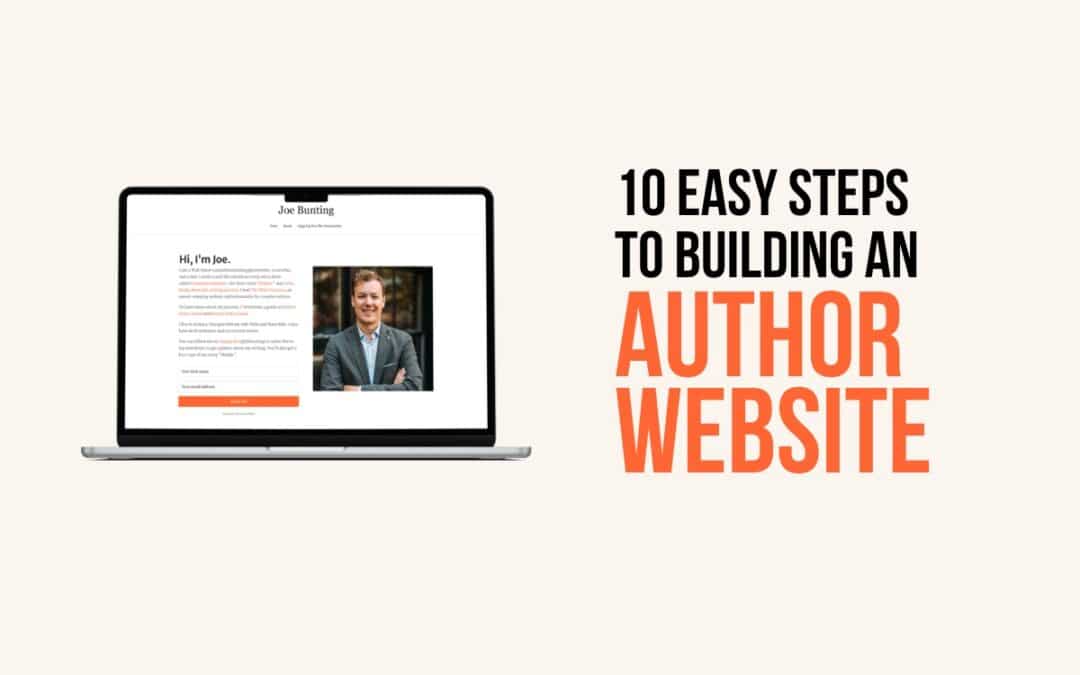
by Joe Bunting |
If you’re like most writers I know, you probably dream of getting published. But as I’ve worked with writers for the last six years, I’ve found that most are woefully unprepared for what publishing actually takes, and this means that either they never figure out what it takes to get published or when they finally DO get published, they find themselves disappointed with the process and with how many books they sell.
How do you prepare for getting published though? There are several steps, but the first step is building an author website. In this article, I’m going to share a step-by-step guide to building a simple author website yourself that will support all of your publishing efforts.

by Jamie Biggs |
Being an indie author comes with its pros and cons. For me, I enjoy having control over the process from start to finish. One of the disadvantages of self-publishing is you do not own your customer list when people buy your book from Amazon or another online retailer.
That means you and your book are at the mercy of the retailer to market to potential readers. The ‘zon is not going to hand over their customer list to you. You have to build your own list, and BookFunnel can help.
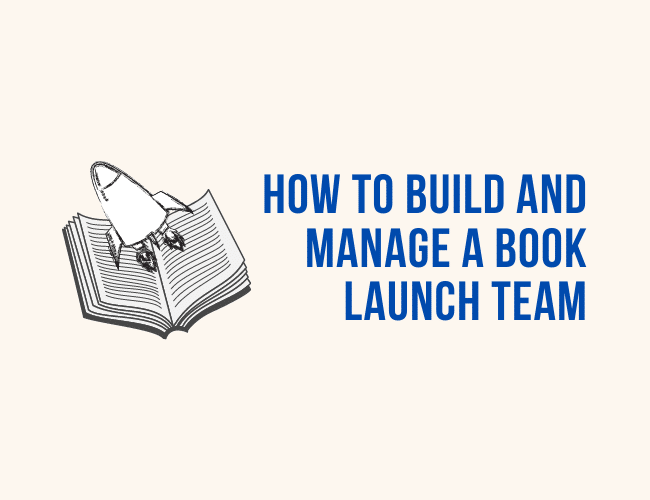
by Sarah Gribble |
Whew. Yesterday, I launched my novel, Surviving Death. The launch went well, and it couldn’t have done so without my book launch team. They were awesome helping me spread the word about my book!
How do you build a book launch team? I’m going to share some strategies that I did with this launch and offer some ideas for other things you could do.
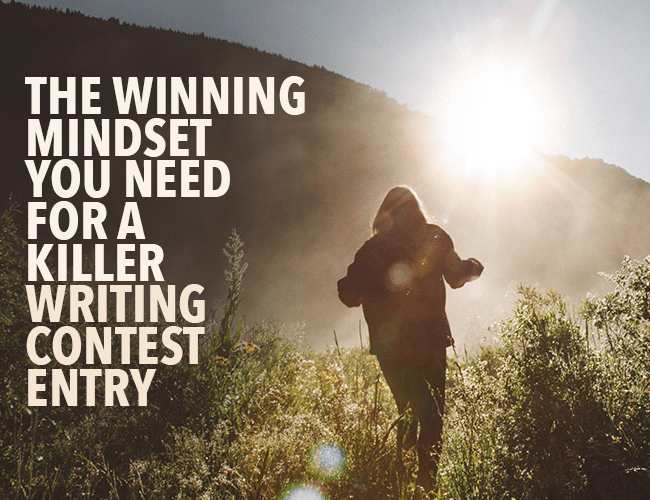
by Sue Weems |
When I sign up for a writing contest, I turn on “Eye of the Tiger” as I sit down to pound out my first draft. This is it, I tell myself. This will be the story that finally wins. A few finger exercises and I am ready to write the story to end all stories.
But what if nothing comes? Or worse, a story pours out and it’s terrible? What if I don’t win? How can I develop a winning mindset without reading an entire shelf of self-help books and further distracting myself?
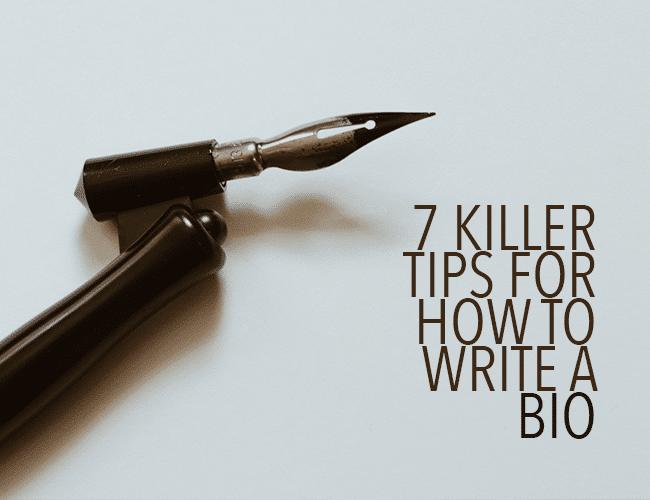
by Pamela Fernuik |
You have just opened your email from the magazine you submitted your article to. You read the email you have been hoping for and dreaming of: “Hey there, we want to publish your article. Please reply with a fifty-word killer bio. We will post it at the end of your article. You can include up to three links.”
Wow, your writing has been accepted! Now you have to say who you are.
Writing your biography can seem almost as challenging as writing the piece you submitted. But it is a necessary part of publishing your writing. How will your readers know who wrote your wonderful article if you do not tell them?
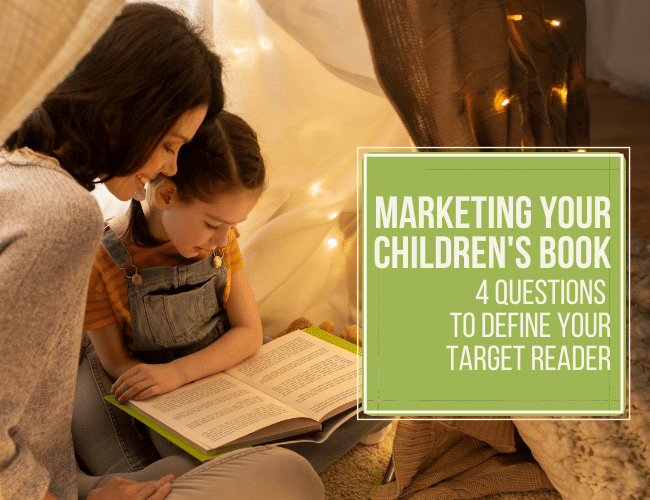
by Marianne Richmond |
You’ve written a children’s book. Great work! Now, have you thought about marketing your children’s book? Do you wonder if this is even important, or how to do it?
One of the most important considerations you, as a children’s book author (or book author in general), need to address along with the creative side of things is: Who is your target reader? Or, who is your target market?
As a book writer, we like to imagine that everyone will love our book. But this is unrealistic, nonstrategic and a quick way to experience the disappointment of sluggish sales.
Truth: We don’t want to be all things to all people. We want to be the choice for specific, potential readers.
If we write a book without knowing exactly who we’re writing for, we end up writing for our own enjoyment. This is fine and good unless you wish to make money from your book writing efforts.








